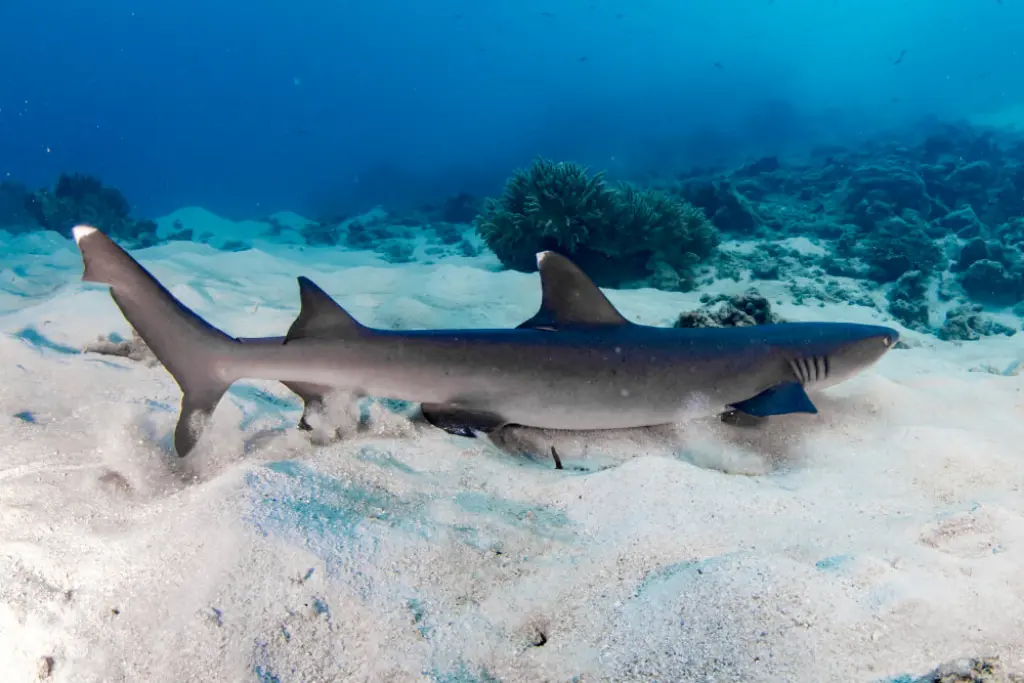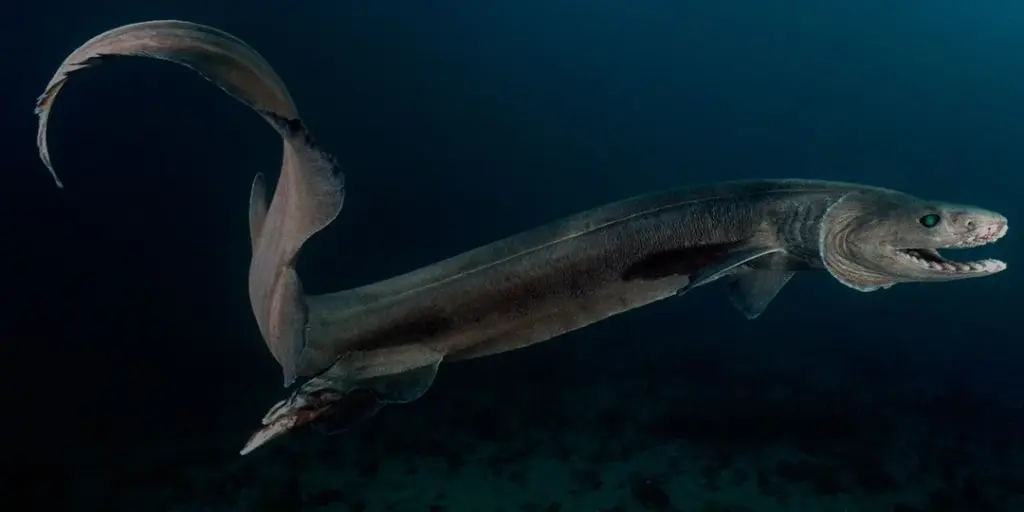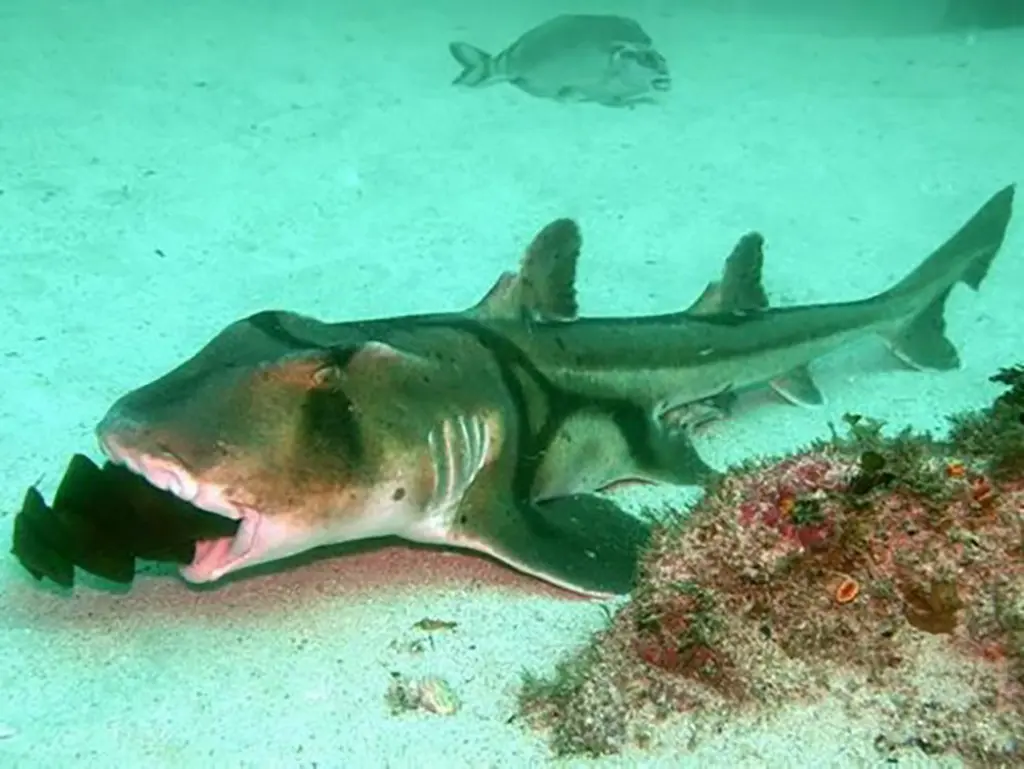Dive into the fascinating world of the Whitetip Reef Shark, scientifically known as Triaenodon obesus. This common shark species is a frequent sight in tropical and subtropical waters around the world. Unlike their more fearsome relatives, Whitetip Reef Sharks are generally docile and pose little threat to humans. Let’s explore their key characteristics, habitat, and behaviors.
Identifying the Whitetip Reef Shark
Whitetip Reef Sharks are relatively easy to identify thanks to their distinctive physical features. Here’s what to look for:

Key Identifying Features
- White-tipped Fins: The most obvious feature is the prominent white tips on their dorsal and caudal (tail) fins.
- Streamlined Body: They have a slender, streamlined body, perfect for navigating coral reefs.
- Snout: They possess a blunt, rounded snout.
- Size: Typically, they reach lengths of around 1.6 meters (5.2 feet), although some individuals can grow larger.
Habitat and Distribution
These sharks are widespread throughout the Indo-Pacific region. They thrive in warm, shallow waters and are commonly found around:
- Coral Reefs: Their primary habitat, offering shelter and abundant prey.
- Rocky Outcrops: Another favorite spot for hiding and hunting.
- Sandy Bottoms: Occasionally seen resting on the seafloor.
Behavior and Diet
Whitetip Reef Sharks are primarily nocturnal hunters, meaning they are most active at night. During the day, they often rest in caves or under ledges. They are opportunistic feeders, consuming a variety of prey:
- Bony Fish: A significant part of their diet.
- Crustaceans: Crabs, lobsters, and shrimps are also common prey.
- Eels: Occasionally consumed.
Whitetip Reef Shark: Key Features
| Feature | Description |
|---|---|
| Scientific Name | Triaenodon obesus |
| Common Name | Whitetip Reef Shark |
| Distinctive Feature | White tips on dorsal and caudal fins |
| Size | Typically up to 1.6 meters (5.2 feet) |
| Habitat | Coral reefs, rocky outcrops, sandy bottoms (Indo-Pacific region) |
| Diet | Bony fish, crustaceans, eels |
| Activity Pattern | Nocturnal (most active at night) |
| Temperament | Generally docile; poses little threat to humans |
Conservation Status
While Whitetip Reef Sharks are not currently considered endangered, they face threats from overfishing and habitat degradation, like many marine species. Sustainable fishing practices and reef conservation efforts are crucial to ensuring their long-term survival.
By understanding these fascinating creatures, we can better appreciate their role in the marine ecosystem and work towards protecting them for future generations.




